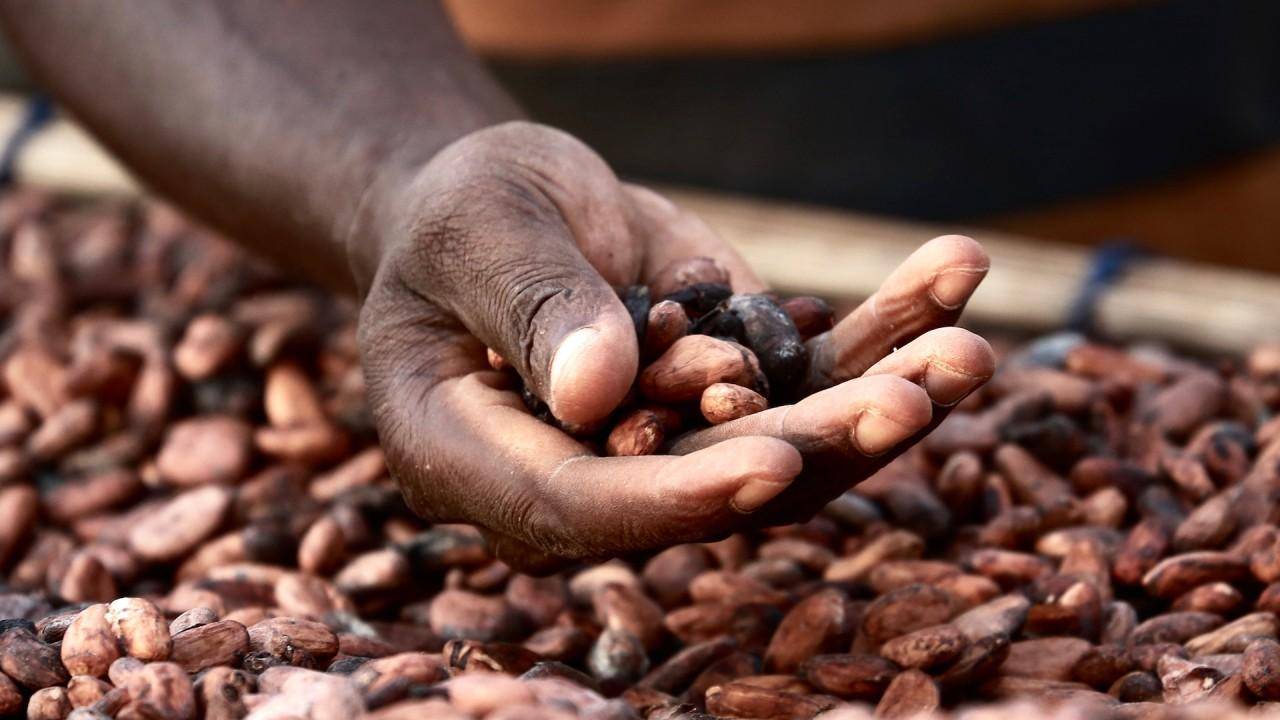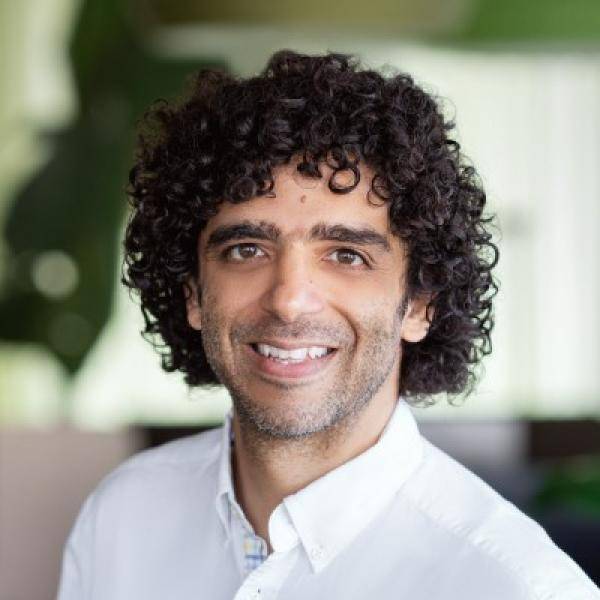Rethinking the approach and impact of sustainability programs in the cocoa industry

Rethinking the approach and impact of sustainability programs in the cocoa industry
- We need to define ambition and leadership beyond targets.
- We need to move from outputs to outcomes.
- We should continue to challenge the status quo.
I want to share some thoughts on the main themes that formulate the foundation of our thinking.
Our work, over the last year, has been driven by three beliefs:
We need to define ambition and leadership beyond targets
Most sustainability plans define ambition through targets. Targets are helpful because they set the direction and create a framework for measuring progress. But targets can only be a part of the story.
There is ambition and leadership in learning. There is ambition and leadership in programming and being able to provide clarity on what works, and equally, what doesn’t work.
There is ambition and leadership in giving priority to good agricultural practices such as pruning trees. We want to show leadership through our ambitious targets, but also through our operating model based on a sense of practicalities catering to farmers’ needs.
Leadership is about finding the fine balance between the audacity to drive radical change and the humility to acknowledge that a lot remains to be learned. The balance between the confidence to aim high and the constant need for more curiosity.
Leadership is about finding the fine balance between the audacity to drive radical change and the humility to acknowledge that a lot remains to be learned.
We need to move from outputs to outcomes
Most sustainability programs tend to measure outputs more than outcomes. In 2016, one of our first priorities with Forever Chocolate was to ensure that we established robust reporting processes. Therefore, it was only natural that we prioritized reporting on, for example, training sessions and the number of trees distributed. Generally speaking, this style of reporting on outputs is still standard industry practice.
These are bold decisions, which will require the involvement of other stakeholders, such as our customers [...] and the governments of cocoa-producing and cocoa-consuming regions to create the right enabling environment for systemic change.

Barry Callebaut has contributed to the EU Alliance on Sustainable Cocoa and its roadmap, and signed the Côte d’Ivoire - Ghana Cocoa Initiative (CIGCI) Economic Pact, joining forces with the Ivorian and Ghanaian governments and other industry players to accelerate the transition to a living income to all farmers. Photo credit - Côte d’Ivoire-Ghana Cocoa Initiative (CIGCI)
Focusing on outputs over outcomes has the advantage of avoiding the difficult discussion around impact. At Barry Callebaut, we are keen to move away from an output-driven performance framework and be challenged on outcomes. Our new Prospering Farmers ambition for 2030 will be testament to that, with a commitment on our side to create a framework where our performance is measured on yield, income, size of farms and the number of farmers we source from.
Underlying this outcome-oriented model is a change of paradigm: working with less farmers instead of more, and focusing our efforts on farmers that we think have the ability to reach a living income. These are bold decisions, which will require the involvement of other stakeholders, such as our customers. Furthermore, we will need the governments of cocoa-producing and cocoa-consuming regions to create the right enabling environment for systemic change.

The White Paper is the culmination of six years of collaboration between Barry Callebaut, Agri-Logic, IDH, and Rainforest Alliance. The data analysis shows that poverty reduction is driven by three key factors - yield, size of farm and price.
We need to challenge the status quo
Acknowledging failures is not the forte of most sustainability plans. As a result, industry is often not forceful enough in challenging the status quo and discontinuing approaches that have been tested for years with limited results.
The cocoa sector is not alien to that. How many programs are still built around farmer field schools, demo plots, or good agricultural practice training, concepts that have been implemented for years with little impact? And how much do we question the assumptions behind a knowledge-centered approach?
When sustainability programs are mainly structured around agriculture training, the baseline assumption is that farmers do not know how to farm cocoa. In reality, they do.
The problem is not knowledge, the problem is investment capacity. We actually all know how to move yield from 400 kg/ha to 1,000 kg/ha - and it is not knowledge related. Today, an average cocoa farmer in Côte d’Ivoire spends between 75 $ and 120 $ on cost of production per hectare. In order to reach 1 mt/ha, costs of production should be between 500 $ to 600 $ per hectare. Should we therefore continue pushing for “graduation programmes”, or reorient investment towards bridging the costs of production gap?
These three findings have inspired the sharpening of our sustainability framework and led us to define a clear set of priorities for the coming seven years.
- On poverty reduction, we want “more action and less training”, more investment on labor, planting materials, and soil management, and less investment in knowledge transfer to farmers.
- On human rights, we want to prioritize a community approach and invest in systemic answers more than the individualized solutions of a supply chain approach.
- And on the environmental front, we want to embark on a journey towards Net Zero and acknowledge that we need to rely on the decarbonization of our own business more than on offsetting mechanisms.
Beyond our programming strategy, we also want to root our approach into values: the curiosity to keep digging to understand what works, the ambition to believe that the sector can be transformed, and the humility to acknowledge that, despite significant investments, a lot remains to be done.
